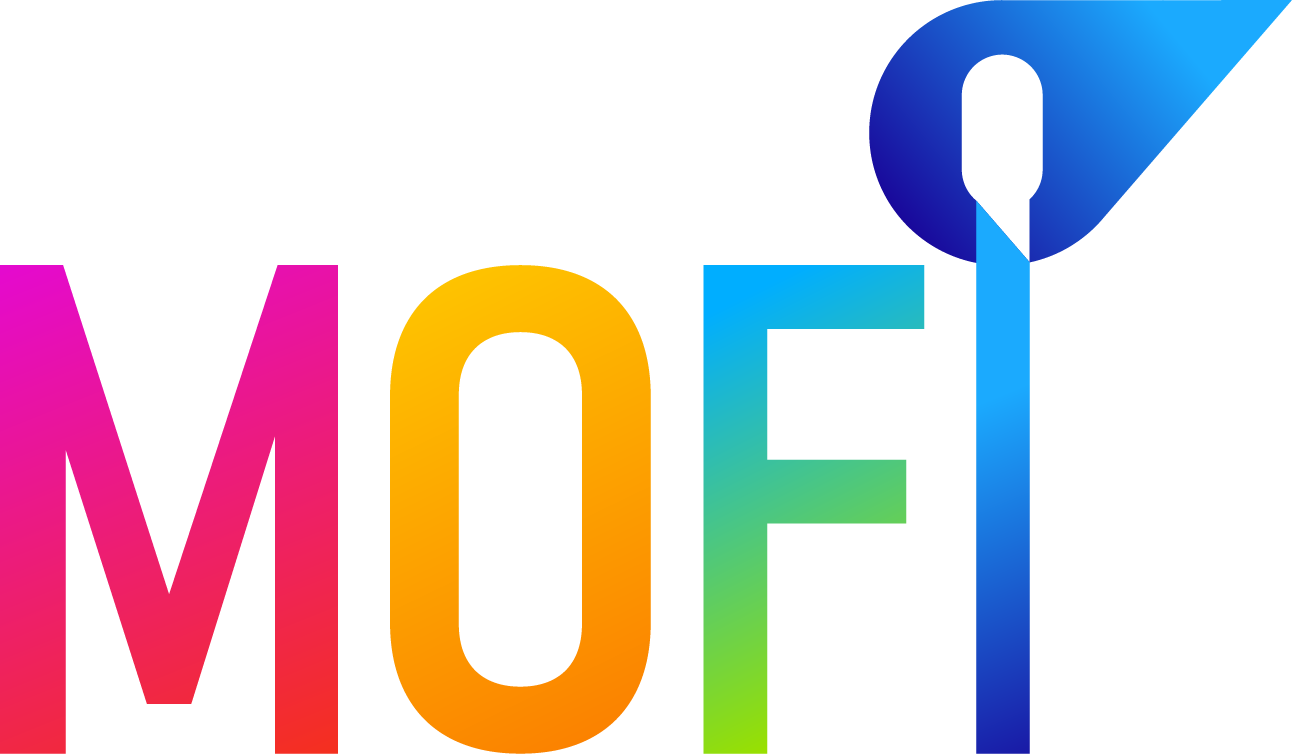Disruption Is in the Air
When the Nason Group leads a sprint (a fast-paced gathering that solves big, hairy problems in a ridiculously short amount of time), we don’t call the attendees “participants.” There’s nothing wrong with being a participant, of course, but it’s not the mindset we need people to have if they’re serious about changing the healthcare system.
So, what mindset is needed? The mindset of a disruptor. By identifying the people who join us for sprints as “disruptors,” we’re putting our stake in the ground to say that we’re ready to think in new, bold ways about connecting people with the health services they need to live healthy, fulfilling lives.
Becoming the Disruptive Type
When we refer to our partners as “disruptors,” we often confuse people who don’t consider themselves to be the disruptive type. At the very least, we make them wonder  what the heck they’ve gotten themselves into. One of my favorite things about being a disruption evangelist (more on that later) is getting to watch people shift from being a bit confused and unsettled to claiming the mindset and lifestyle of a disruptor.
what the heck they’ve gotten themselves into. One of my favorite things about being a disruption evangelist (more on that later) is getting to watch people shift from being a bit confused and unsettled to claiming the mindset and lifestyle of a disruptor.
This shift happened last week at a design sprint that our team lead in Tampa, FL. We had the privilege of bringing together two incredible companies who are working together on a joint venture. And, well, disruption was in the air. You could feel the energy in the room change as people embraced their inner-disruptors and grew more passionate about their ability to make a significant impact in the healthcare ecosystem.
Here Are Some of Our Insights from the Recent Sprint:
Disruptors Are Not Firefighters—Instead of putting out fires (constantly solving small problems), disruptors focus on changing the system. They focus on high-impact ideas that are sustainable
Disruption Starts with Empathy—Disruptors commit to not knowing the solution to the problem until they’ve engaged a good bit of empathy. Too often, leaders make big decisions that affect lots of people without truly understanding the people’s lives that the decisions affect.
Becoming a Disruptor Means Personal Change— Disruption is not just a mindset, it’s a lifestyle. This lifestyle is disruptive to your thoughts, actions, and relationships. It’s the value system for how you make decisions, invest your energy, and interact with the world.
Disruption is not just a mindset, it’s a lifestyle. This lifestyle is disruptive to your thoughts, actions, and relationships. It’s the value system for how you make decisions, invest your energy, and interact with the world.
Disruptors Go “All In”— Disruptors make the problem personal and they’re willing to engage their whole selves in solving the problem. They fully commit to empathizing with the people affected by the problem and don’t stop until the problem is solved.
Disruptors Work Collaboratively—Disruptors know that they need each other. Tackling big, hairy problems, requires a coordinated group effort from passionate people who are not OK with the status quo. Disruptors know that the right people have to be in the room to solve the problem.
Being a Disruption Evangelist
Earlier I mentioned my role as a disruption evangelist. I take this role seriously as I create opportunities for people to “convert” to a lifestyle of disruption. I see my role as  bringing people together so they can hear each other’s stories, embrace each other’s passions, and explore the lifestyle of disruption. Along the way, I hope to show them the power they embody as healthcare professionals and the potential they hold for changing people’s lives.
bringing people together so they can hear each other’s stories, embrace each other’s passions, and explore the lifestyle of disruption. Along the way, I hope to show them the power they embody as healthcare professionals and the potential they hold for changing people’s lives.
Any chance you want to join us on this journey by becoming a disruption evangelist? By standing proud as a disruptor, setting an example for others to follow, and relentlessly calling upon the people in your ecosystem to take on a disruptive lifestyle, we can and will change even the biggest problems in the healthcare ecosystem.

#wearedisruptors
